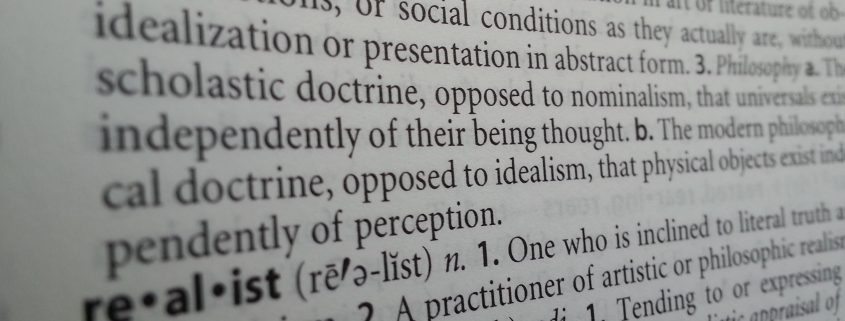Pink Prancing Flea Peas: When Inaccuracies are Just, Well … Wrong
I’m a avid and voracious reader. I do so for enjoyment and to take me to places that live in the far corners of an author’s mind. However, there are occasions when what I see on a page takes me completely out of the story and back to reality. And that’s not good. Readers like myself tend to not like it when a huge STOP sign pops up in mid sentence. Or when the hand of “What the Heck Was That” snatches them back to the real world.
Those “things” I speak of, the ones that bug me the most, are inaccuracies regarding various details of police investigations, police officers, etc.
In this age of online information, citizen police academies, and having the Writers’ Police Academy readily available, even people who don’t work in law enforcement are far more knowledgeable about police officers and their duties and how they investigate crimes than they were just a few years ago. They really do know about guns, search warrants, and arrest techniques.
As an example of misinformation found in books, I recently read a line or two describing a man using a Taser on another person where the jolt of current immediately sent the victim into a state of extremely violent twitching and writhing before completely passing out. Then, when he came to he was unable to walk, had no control over his limbs, and was groggy for quite a while afterward. As they say, Puhleeze … This is not how it works.
Here’s a brief video showing the true effects of a Taser.
Problem number two … cops yelling, “Freeze!” when they want someone to stop doing whatever it is they’re doing.
Police officers should not use ambiguous commands/words such as “freeze.” After all, what exactly does this officer expect? Does he want the guy’s body temperature to rapidly fall to the point where his blood becomes a solid? Of course, not, obviously.
Suppose the officer speaks with a heavy accent and his “freeze” command sounds like Fleas! or Peas! or Please! I imagine some two-bit B&E guy running away from the scene when he hears a beat cop hollering “Fleas! Peas! Puleeeeeze!” The bad guy would probably think Dr. Suess was in hot pursuit along with an army of pink prancing pea fleas, a thought that would merely serve as the catalyst that makes people’s feet move faster. I mean, who wants to be chased by such creatures?
Anyway, this is why it’s best for officers to use simple and universal words such as Stop! and Hands up! But we continue to see “Freeze!” written in books and on TV shows. And, I’m sure a few officers are guilty of this as well, especially those who watch too much television.
Although, I have seen officers, in the heat of moment, draw total blanks when it comes to what they should say at that specific point in time, such as repeatedly yelling, “Get on the ground! Get on the ground!,” to a man who was already face down on the pavement. What the officer’s brain was telling her to say was, “Put your hands behind your back.” However, what came out of her mouth was something else entirely.
But to use the command “Freeze” when when you want someone to stop whatever it is they’re doing, well, just have your character use another more readily understood word. UNLESS, you’re going for confusion and/or humor. Or, if you’re writing the next Dr. Suess book, Paul Penguin Ponders Pink Prancing Flea Peas.
~
Paul Penguin Ponders Pink Prancing Flea Peas
(an excerpt)
One pea
Two peas
Pink pea
Prancing Pea.
Run pea
Walk pea
Freeze pea
Flea pea.
This one has a little gun.
That one has a little knife.
Hey, he fired a shot
That barely missed her head.
Over here, over there.
Up.
Down.
Everywhere.
Please pea, stop running from me.




